This guide covers the essentials of relaxation, including why it matters, how to build effective routines, top techniques (like mindfulness, breathing, and CBD), and practical tips for overcoming obstacles, empowering you to create a more balanced, stress-free life with support from Joy Organics.
Relaxation isn’t just a luxury; it’s a necessity for a healthy, balanced life. In today’s fast-paced world, stress creeps into every corner of our routines, impacting our minds, bodies, and overall well-being. When we neglect relaxation, we risk burnout, fatigue, and a diminished quality of life.
At Joy Organics, we believe relaxation should be accessible, intentional, and enjoyable. Our holistic approach is designed to help you unwind, recharge, and rediscover your best self. Whether you’re seeking a few moments of peace or a complete lifestyle shift, this guide will walk you through proven strategies and mindful rituals to help you truly relax, so you can feel your best, every day.
Understanding Relaxation
What does it really mean to relax? True relaxation is more than just a break from the daily grind; it’s a state of physical, mental, and emotional ease. It’s the feeling you get when your body is at rest, your mind is calm, and your stress levels are low. In a world that’s always “on,” achieving this state can be challenging, but it’s essential for overall wellness.
The Science Behind Relaxation
When you relax, your body shifts from the “fight or flight” stress response to the “rest and digest” mode. This triggers a cascade of health benefits: your heart rate slows, your muscles release tension, and your mind becomes clearer. Regular relaxation can improve sleep, boost your immune system, and help you better manage life’s inevitable ups and downs.

Common Barriers to Relaxation
Despite the benefits, many of us struggle to relax. Busy schedules, constant notifications, and a culture that rewards busyness can make it difficult to unwind. Sometimes, we even feel guilty for taking time for ourselves. Recognizing these barriers is the first step toward overcoming them and making relaxation a regular part of your life.
Creating a Relaxation Routine
Routines are powerful tools for managing stress and supporting long-term well-being. When you intentionally make time for relaxation, it becomes a healthy habit rather than a rare treat. Here’s how to build a routine that works for you:
Why Routines Matter
Consistency is key. A regular relaxation routine helps train your mind and body to unwind, making it easier to manage stress and avoid burnout. Over time, these practices become second nature, supporting your overall health.
How to Carve Out Time for Relaxation
Start by looking at your schedule and identifying small pockets of time, morning, midday, or evening, when you can pause and recharge. Even five to ten minutes can make a difference. Treat this time as a non-negotiable appointment with yourself.
Building Relaxation into Your Daily or Weekly Schedule
- Set reminders: Use your phone or calendar to schedule relaxation breaks.
- Create rituals: Pair relaxation with daily habits, like enjoying a cup of tea, taking a walk, or practicing deep breathing before bed.
- Be flexible: Life gets busy, so adapt your routine as needed. The goal is progress, not perfection.
By prioritizing relaxation and making it part of your routine, you’ll find it easier to manage stress and maintain your sense of balance no matter what life throws your way.
Top Relaxation Techniques to Try
Finding the right way to relax can make all the difference in your stress levels and overall happiness. Here are some tried-and-true techniques you can incorporate into your daily life:
1. Mindfulness Meditation
Meditation is one of the most effective ways to calm your mind and body. By focusing on your breath or a simple mantra, you can quiet mental chatter and create a sense of inner peace. Even just five minutes a day can help reduce anxiety and improve your mood.
How to get started: Find a quiet space, sit comfortably, and focus on your breath. When your mind wanders, gently bring your attention back. No judgment, just presence.
2. Breathing Exercises
Deep, intentional breathing signals your body to relax. Techniques like box breathing or the 4-7-8 method can quickly lower stress and help you feel grounded.
Quick technique: Inhale for four counts, hold for four, exhale for four, hold for four. Repeat for a few cycles whenever you need a reset.

3. Aromatherapy
Scent can have a powerful impact on your mood. Essential oils like lavender, chamomile, and eucalyptus are known for their relaxing properties. Try diffusing oils, adding them to a bath, or using a roll-on for a quick dose of calm.
4. Gentle Movement
Physical activity doesn’t have to be intense to be beneficial. Yoga, stretching, or tai chi can help release tension and connect you with your body in a mindful way. These practices are especially helpful for unwinding after a long day.
5. Nature Therapy
Spending time outdoors is a natural stress reliever. Whether it’s a walk in the park or simply sitting in your backyard, nature can help you reset and recharge. Listen to the sounds, notice the colors, and let yourself be present in the moment.
Try a few of these techniques to see what works best for you. Relaxation is personal, and your ideal routine might include one or several of these approaches.
Technique |
Key Benefits |
Best For |
|
Mindfulness Meditation |
Reduces anxiety, improves focus |
Daily mental reset, busy minds |
|
Breathing Exercises |
Immediate stress relief, easy to learn |
On-the-go relaxation |
|
Aromatherapy |
Enhances mood, calms nerves |
At home, bedtime, self-care |
|
Gentle Movement |
Releases tension, boosts flexibility |
After work, physical relaxation |
|
Nature Therapy |
Reduces stress, increases happiness |
Outdoor lovers, quick breaks |
|
CBD Products |
Promotes calm, supports overall balance |
Ongoing stress, deeper relaxation |
Enhancing Relaxation with CBD
CBD (cannabidiol) has become a popular natural option for those seeking deeper relaxation and stress relief. Unlike THC, CBD is non-intoxicating, so it won’t make you feel “high.” Instead, it works with your body’s endocannabinoid system to promote a sense of calm and balance.
How Joy Organics CBD Products Can Support Relaxation
Joy Organics offers a variety of CBD products designed to fit your lifestyle and relaxation needs. Whether you prefer tinctures, gummies, softgels, or topicals, each product is crafted to help you unwind and find your calm, naturally and effectively.
- Tinctures: Fast-acting and easy to use, perfect for quick relaxation.
- Gummies: A tasty way to enjoy the benefits of CBD on the go.
- Topicals: Targeted relief for sore muscles or areas of tension.
- Softgels: Convenient and precise, ideal for consistent daily support without any flavor.
Tips for Incorporating CBD into Your Routine
- Start with a low amount and gradually increase as needed.
- Take CBD at the same time each day to build consistency.
- Pair CBD with other relaxation techniques, like meditation or a warm bath, for enhanced effects.
Always consult with your healthcare provider before adding any new supplement to your routine, especially if you have existing health conditions or are taking other medications.
CBD can be a valuable addition to your relaxation toolkit, helping you find calm when you need it most.
Creating a Relaxing Environment
Your surroundings play a huge role in how easily you can relax. A calming environment can help signal to your mind and body that it’s time to unwind. Here’s how to create a space that supports relaxation:
Home and Workspace Tips
-
Lighting: Soft, warm lighting can help set a tranquil mood. Try dimmingoverhead lights or using lamps and candles in the evening.

- Decluttering: A tidy space can make it easier to relax. Take a few minutes to clear away clutter and create a sense of order.
- Calming Décor: Use soothing colors, cozy textures, and personal touches like plants or artwork to make your space feel inviting.
Soundscapes and Music
Music and nature sounds have a powerful effect on relaxation. Try playing calming playlists, gentle instrumentals, or ambient soundscapes to create a peaceful atmosphere.
Digital Detox: Unplugging for Peace of Mind
Constant notifications and screen time can keep your mind buzzing. Set boundaries by turning off devices during your relaxation time or creating tech-free zones in your home. Even a short break from screens can help you feel more present and at ease.
By making a few simple changes to your environment, you can create a sanctuary that supports your relaxation goals, no matter where you are.
Self-Care Rituals for Mind and Body
Self-care isn’t selfish; it’s essential. Taking time to nurture yourself is one of the most effective ways to reduce stress and promote relaxation. Here’s how to weave self-care into your routine:
The Importance of Regular Self-Care
When you make self-care a priority, you’re better equipped to handle life’s challenges. Regular self-care supports your mental, physical, and emotional health, leaving you feeling more balanced and resilient.
Ideas for Self-Care Activities
- Soothing baths: Warm water, Epsom salts, and calming scents can help melt away tension.
- Journaling: Writing down your thoughts and feelings can bring clarity and peace of mind.
- Creative hobbies: Activities like painting, knitting, or gardening are relaxing and fulfilling.
- Pampering rituals: Facials, massages, or simply taking time for your skincare routine can help you unwind.
Making Self-Care a Non-Negotiable
- Schedule it: Block out time for self-care just like you would for any important appointment.
- Start small: Even a few minutes a day can make a difference.
- Honor your needs: Listen to your body and mind. Rest when you need it, and don’t feel guilty about taking time for yourself.
By prioritizing self-care, you’ll cultivate a deeper sense of relaxation and well-being that carries into every area of your life.
Overcoming Obstacles to Relaxation
Even with the best intentions, it’s easy to let relaxation fall by the wayside. Life gets busy, and sometimes guilt or distractions can make it hard to prioritize your own well-being. Here’s how to overcome common barriers and make relaxation a lasting habit:
Common Challenges
- Busy schedules: Packed calendars can leave little room for downtime.
- Guilt: Feeling unproductive or selfish for taking time to relax.
- Distractions: Phones, notifications, and household tasks can interrupt your peace.
Practical Solutions
- Time blocking: Schedule relaxation into your calendar and treat it like any other important commitment.
- Set boundaries: Let others know when you need uninterrupted time for yourself.
- Create rituals: Having a consistent routine makes it easier to stick with relaxation practices.
- Limit distractions: Silence notifications and create a dedicated relaxation space.
Encouragement to Prioritize Well-Being
Remember, taking time to relax isn’t a luxury; it’s a necessity for your mental and physical health. By addressing obstacles head-on, you’ll be better equipped to make relaxation a regular and rewarding part of your life.









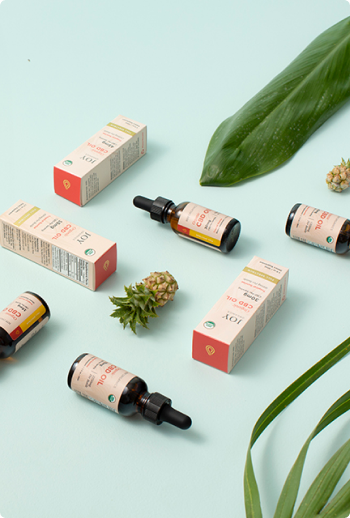
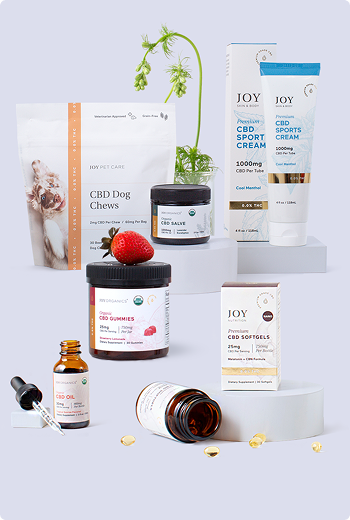
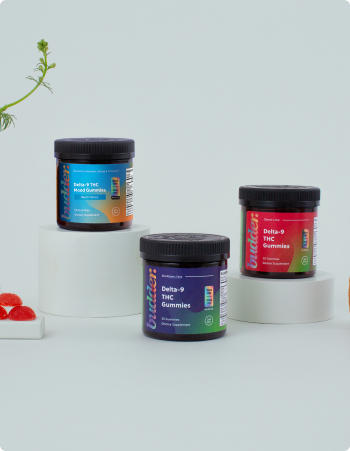















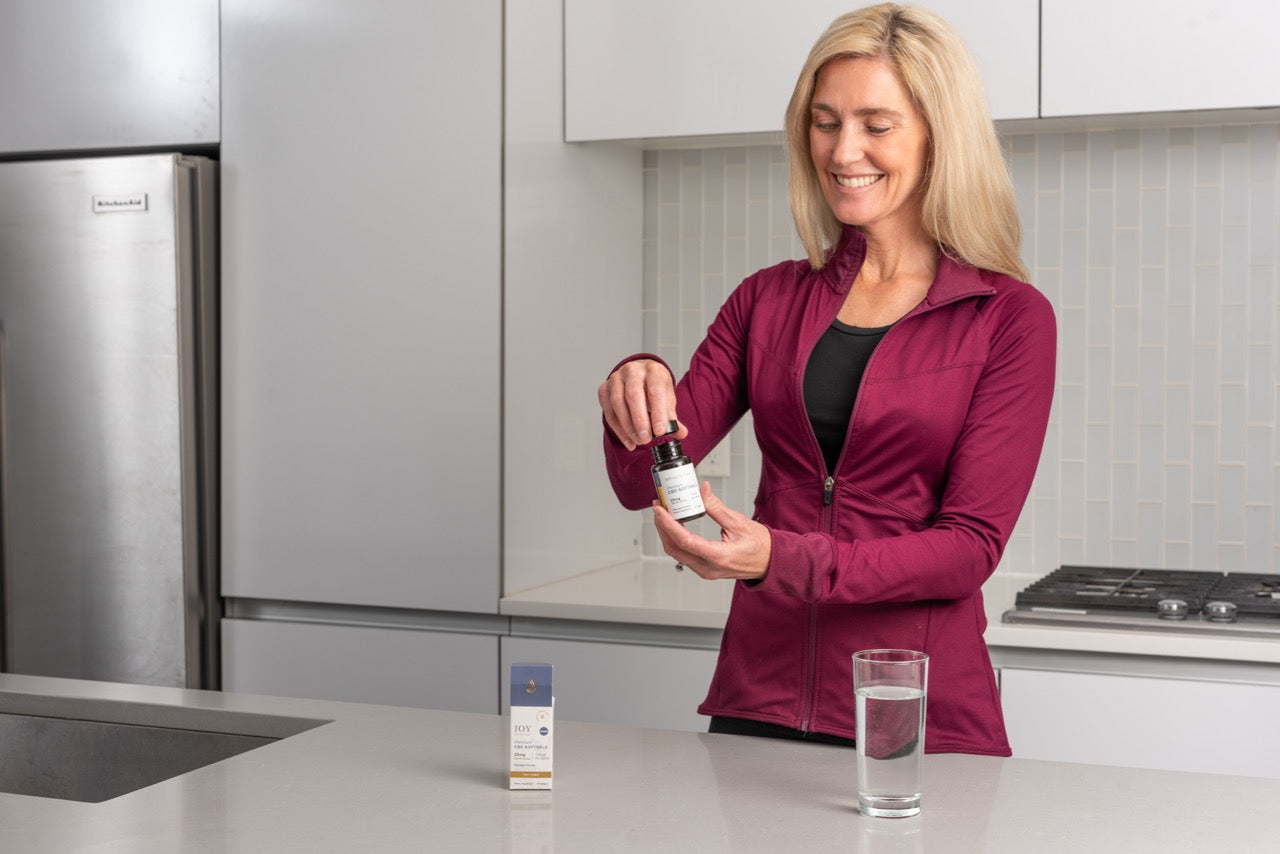
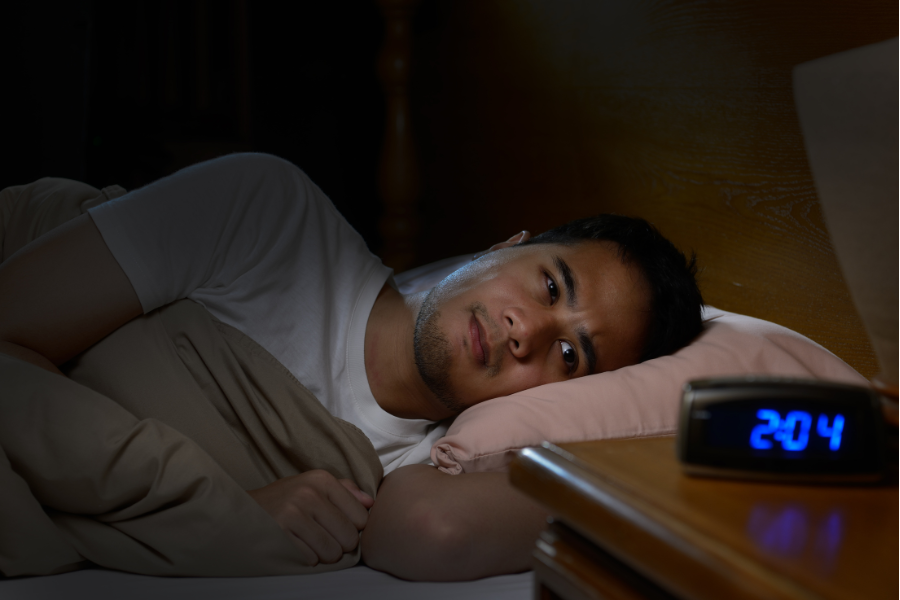
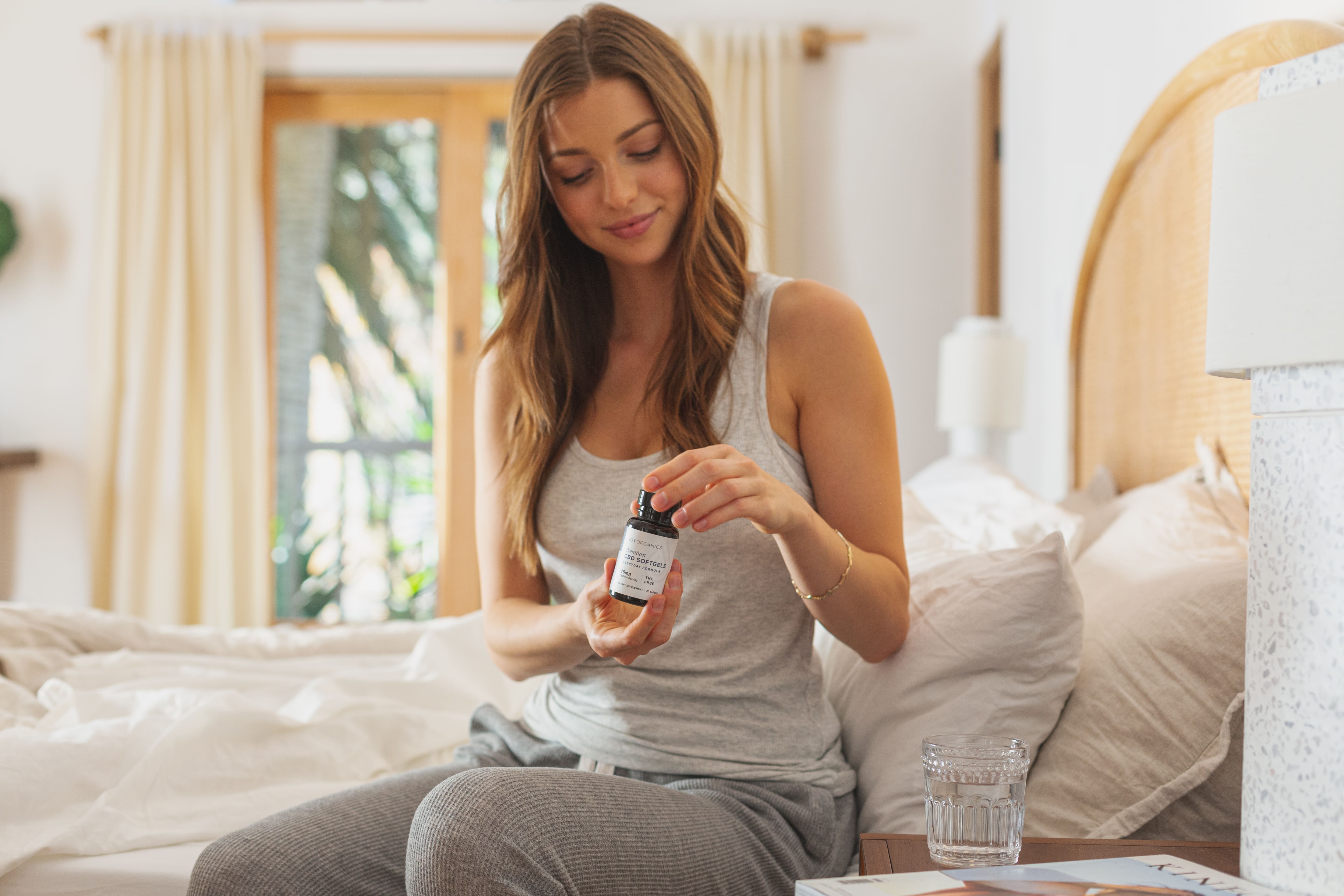


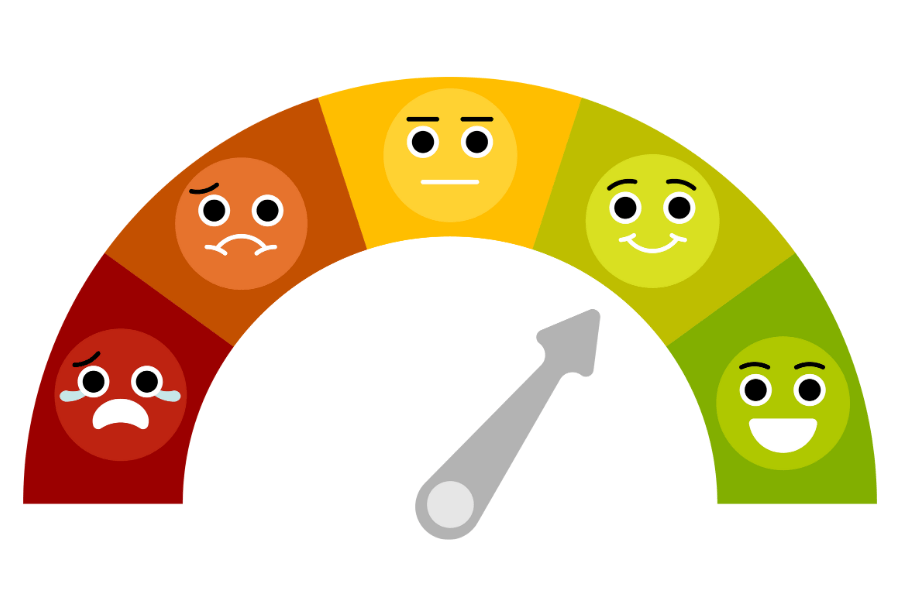


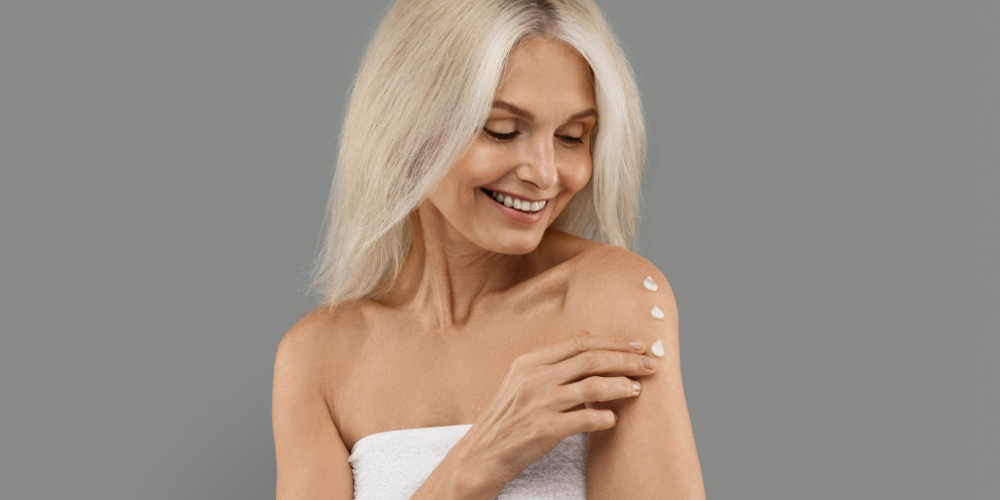

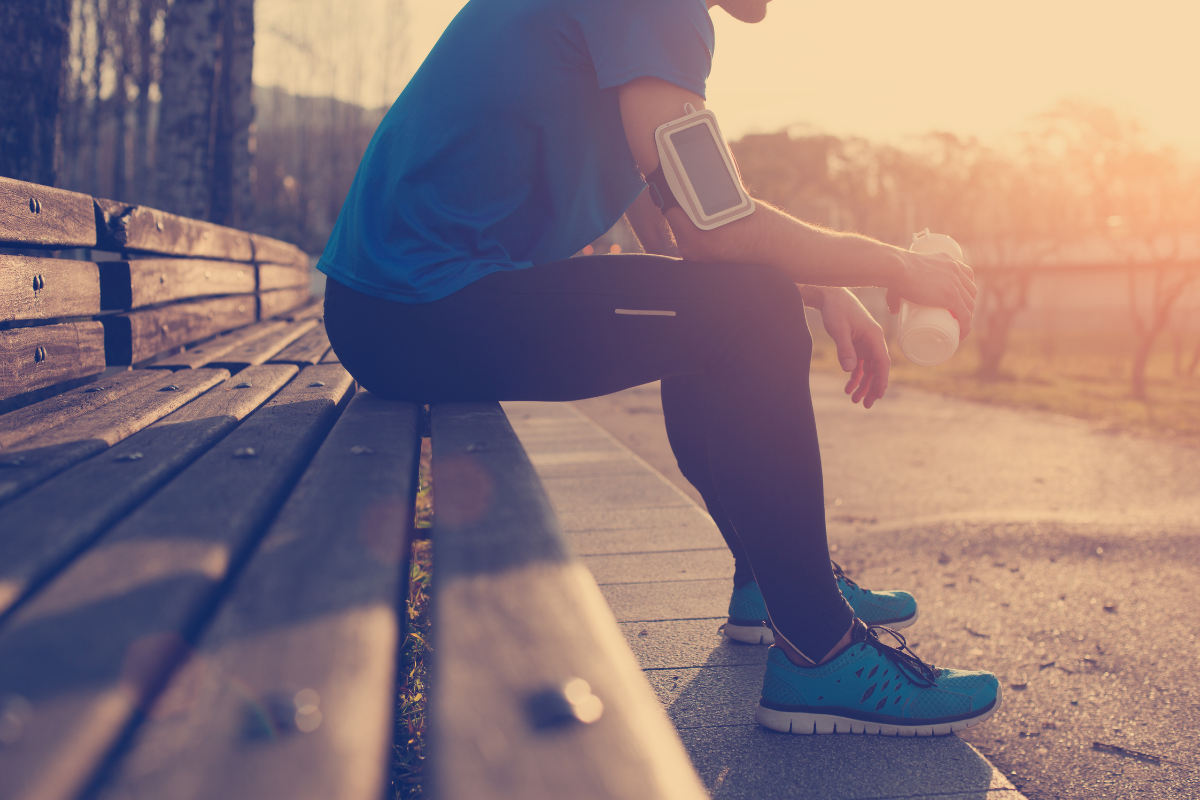
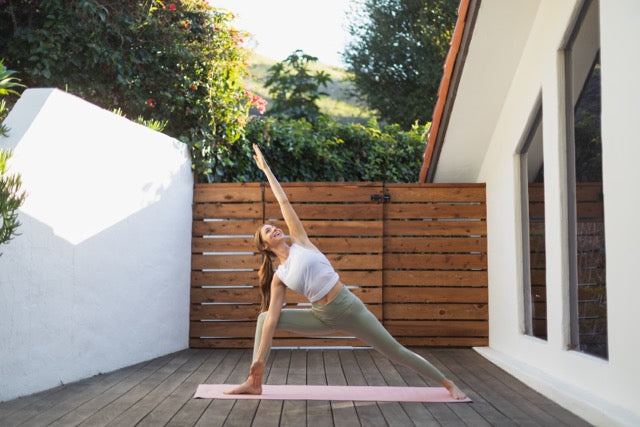
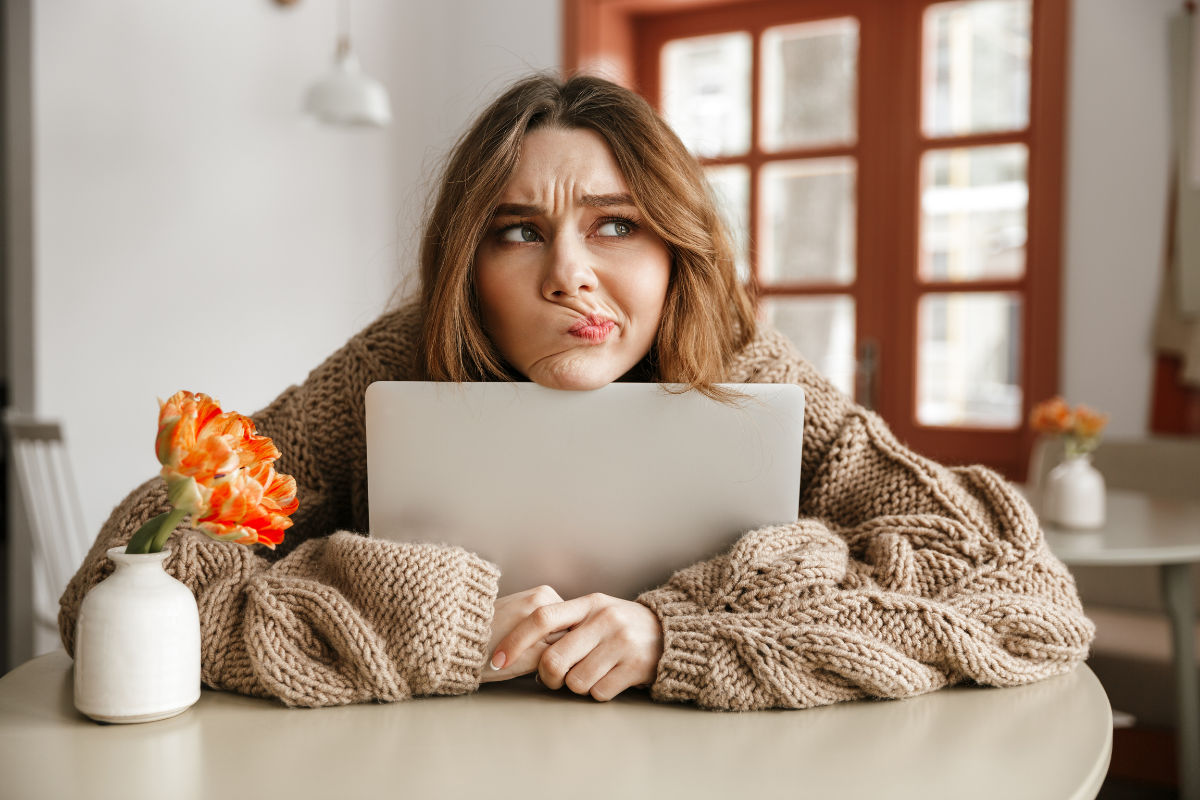

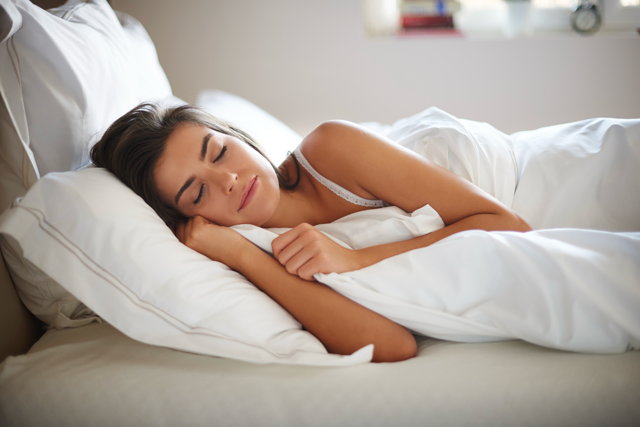
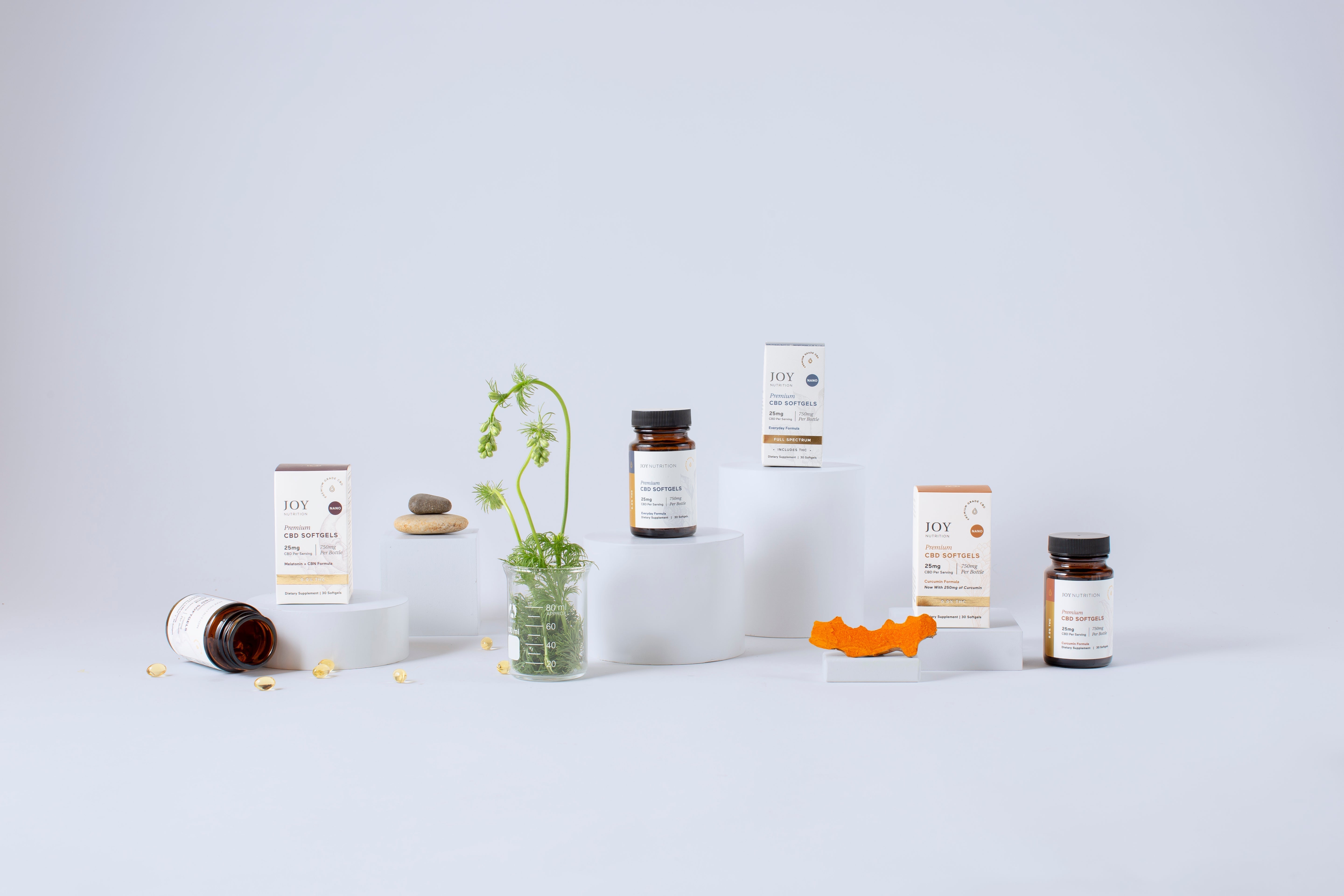



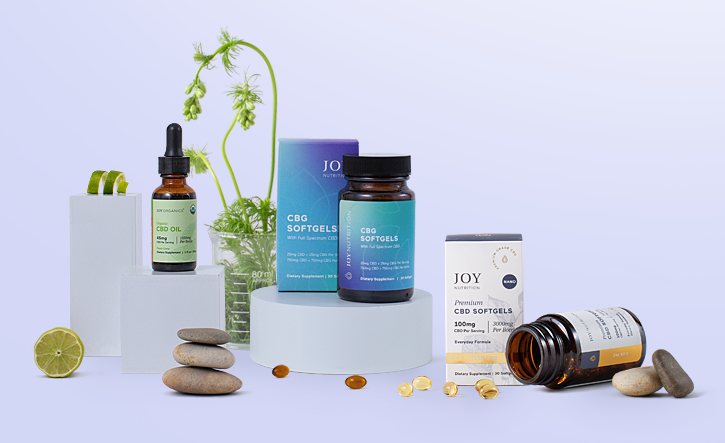


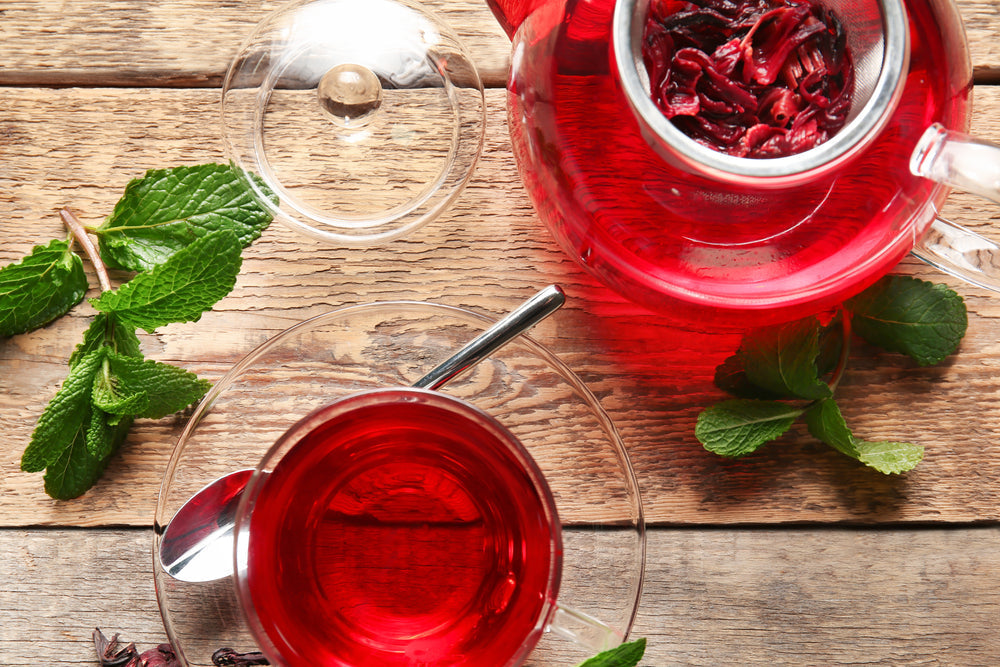


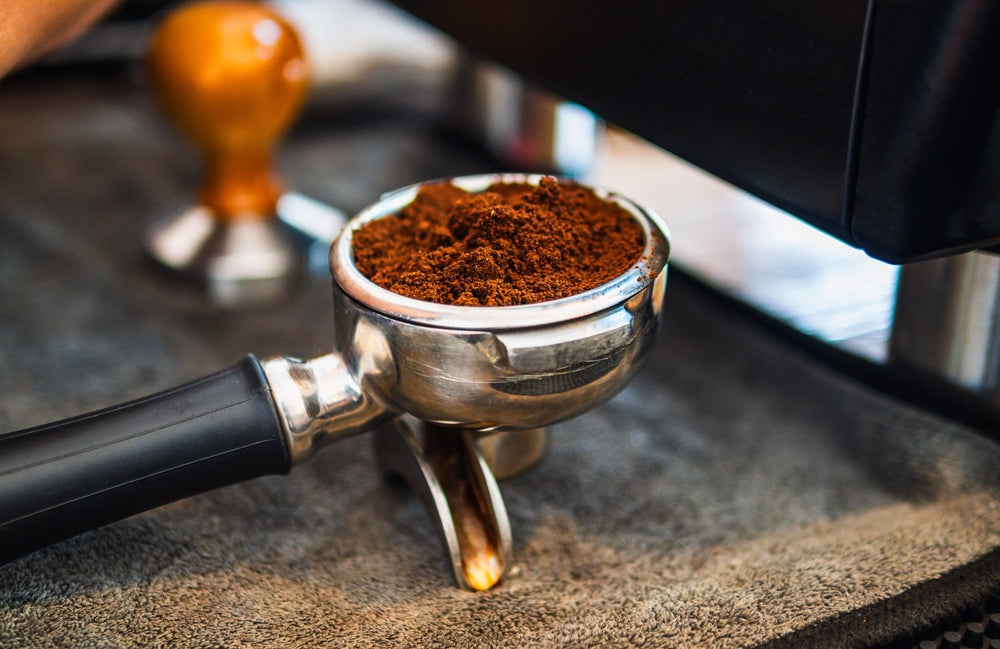
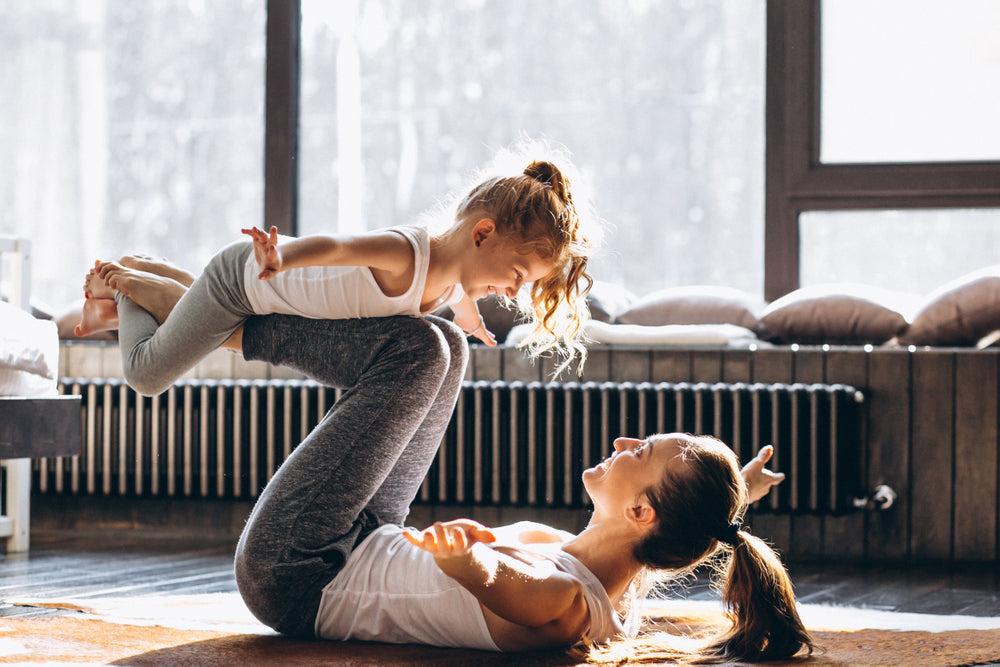
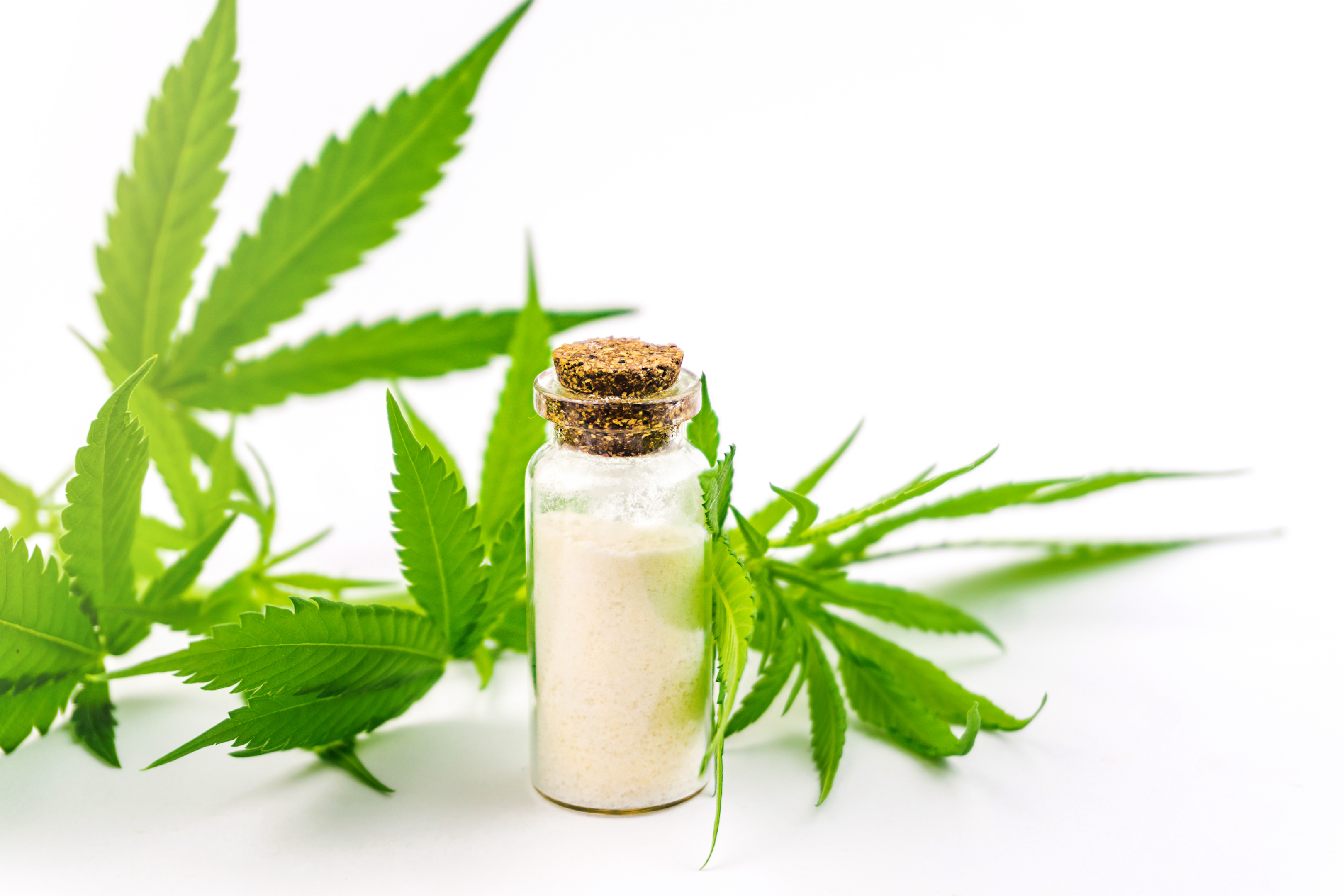

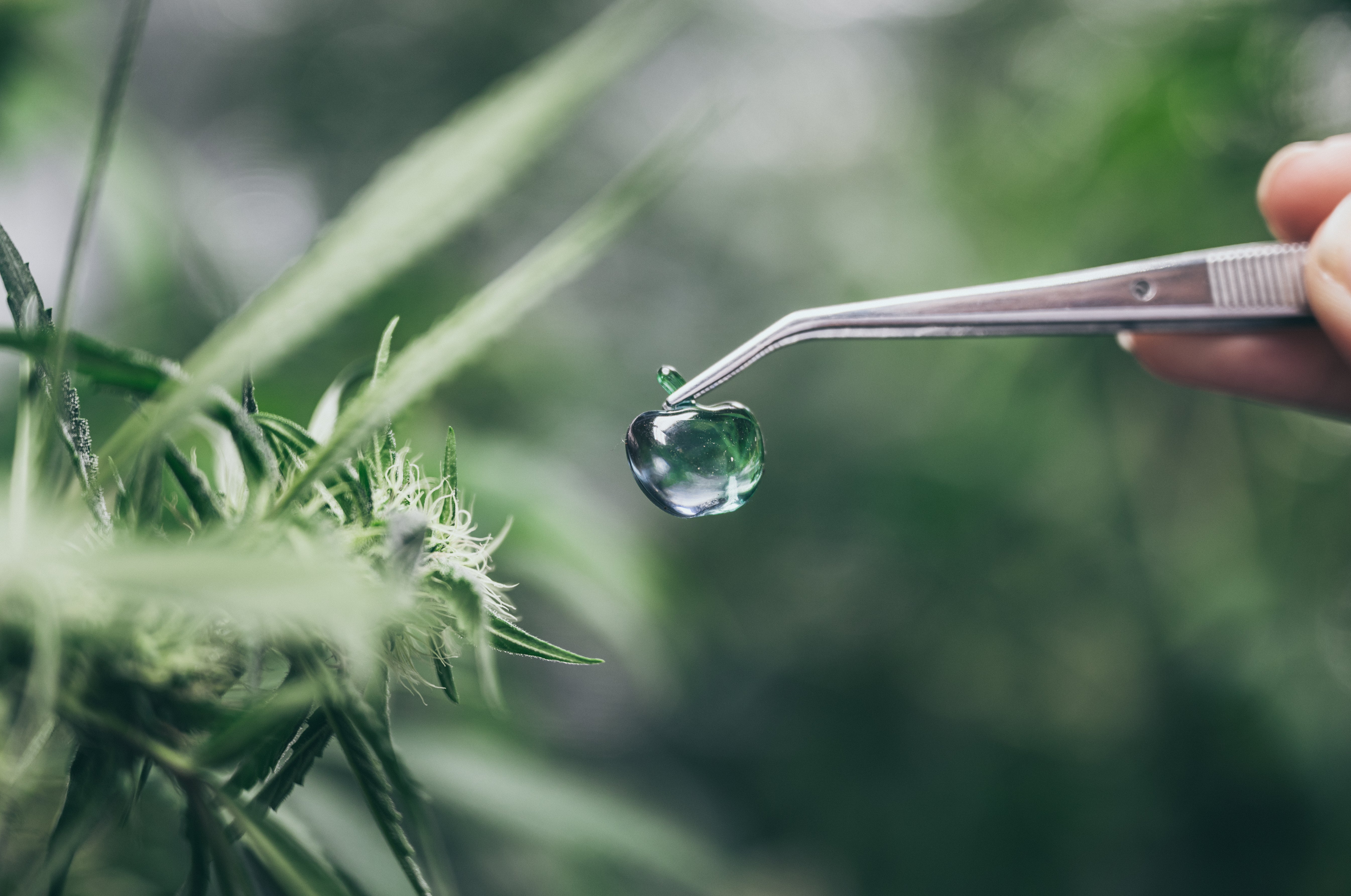




Join in on the Conversation
Your email address will not be published. Once your comment is approved, it will be published.